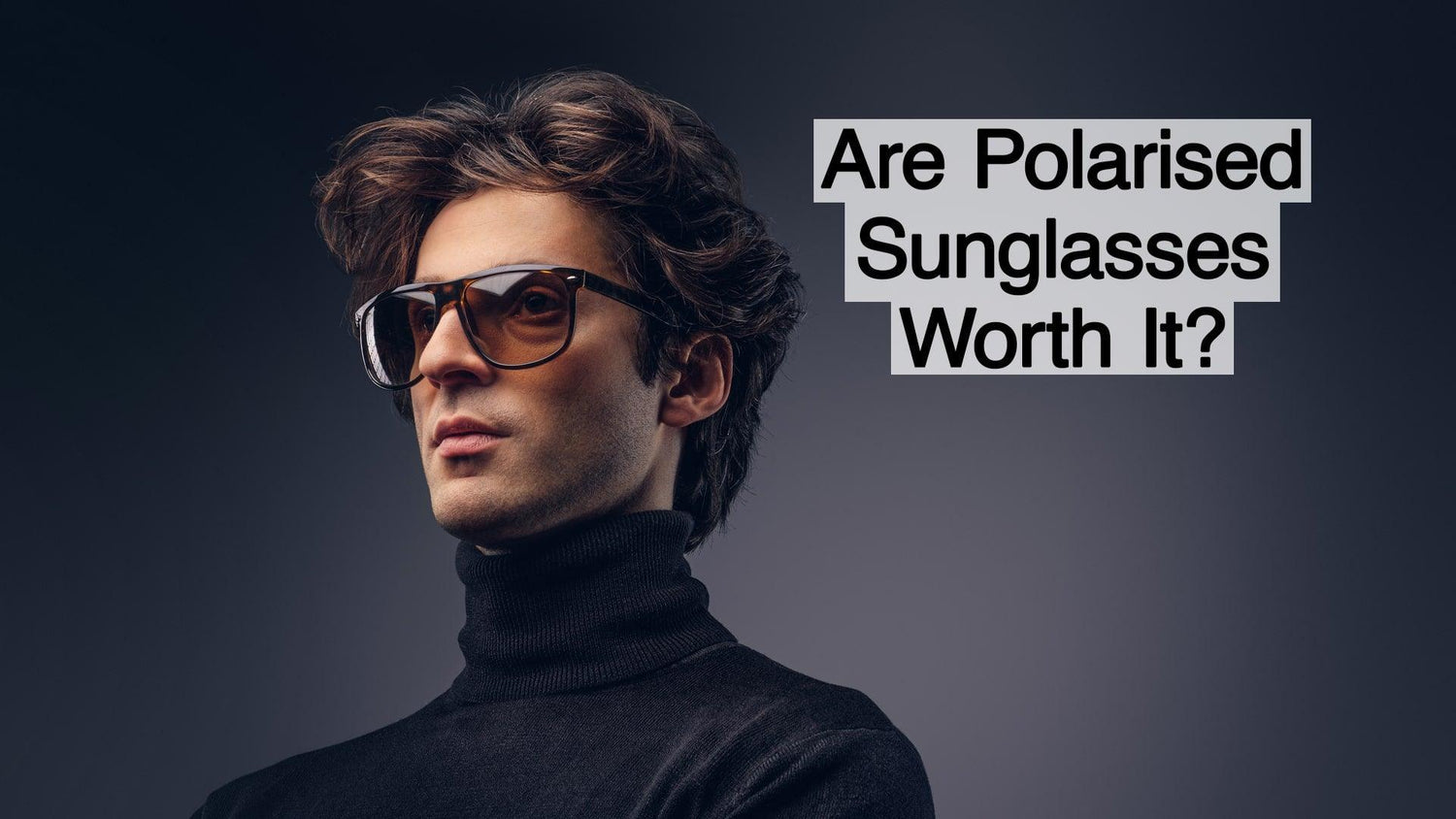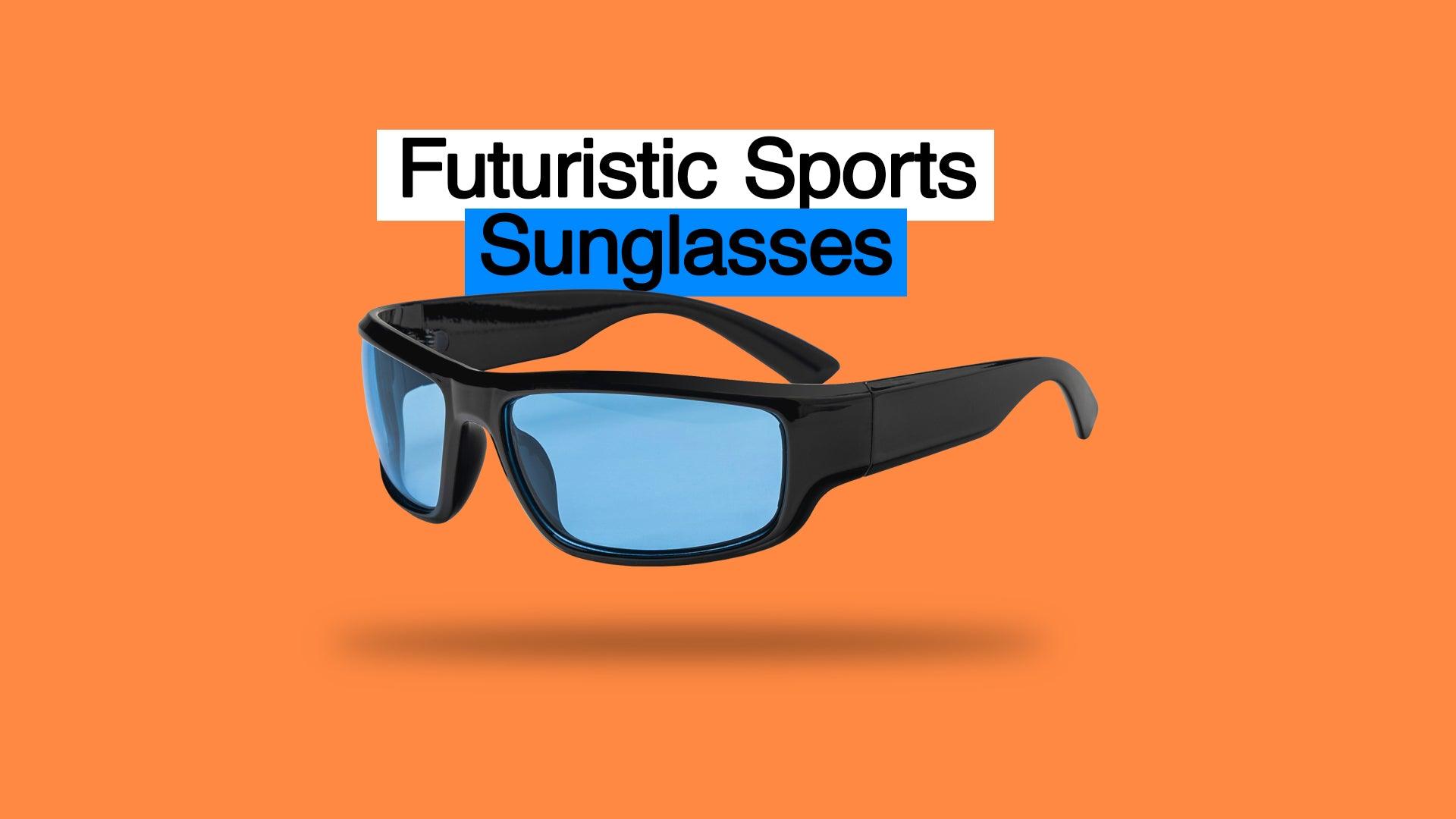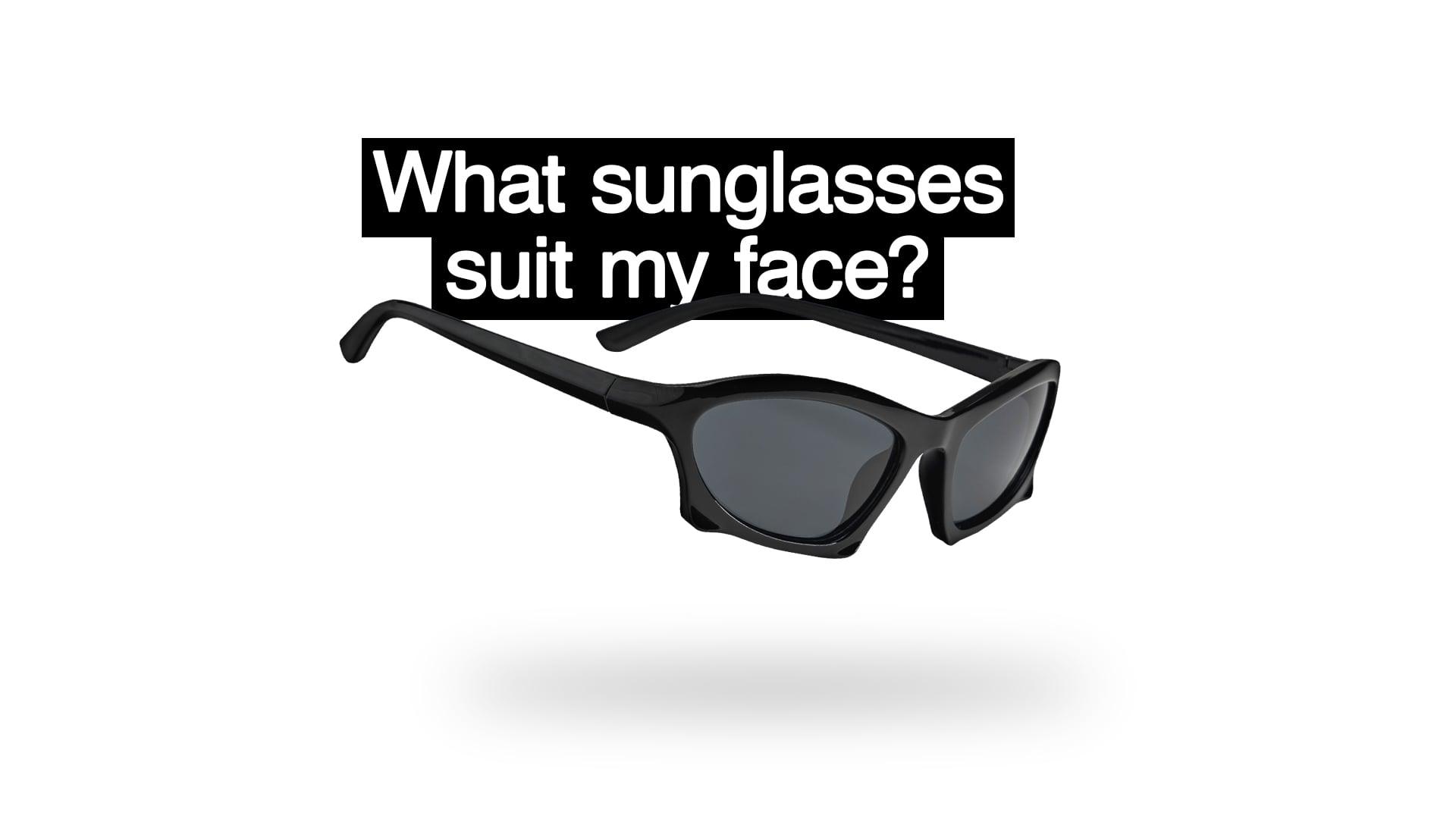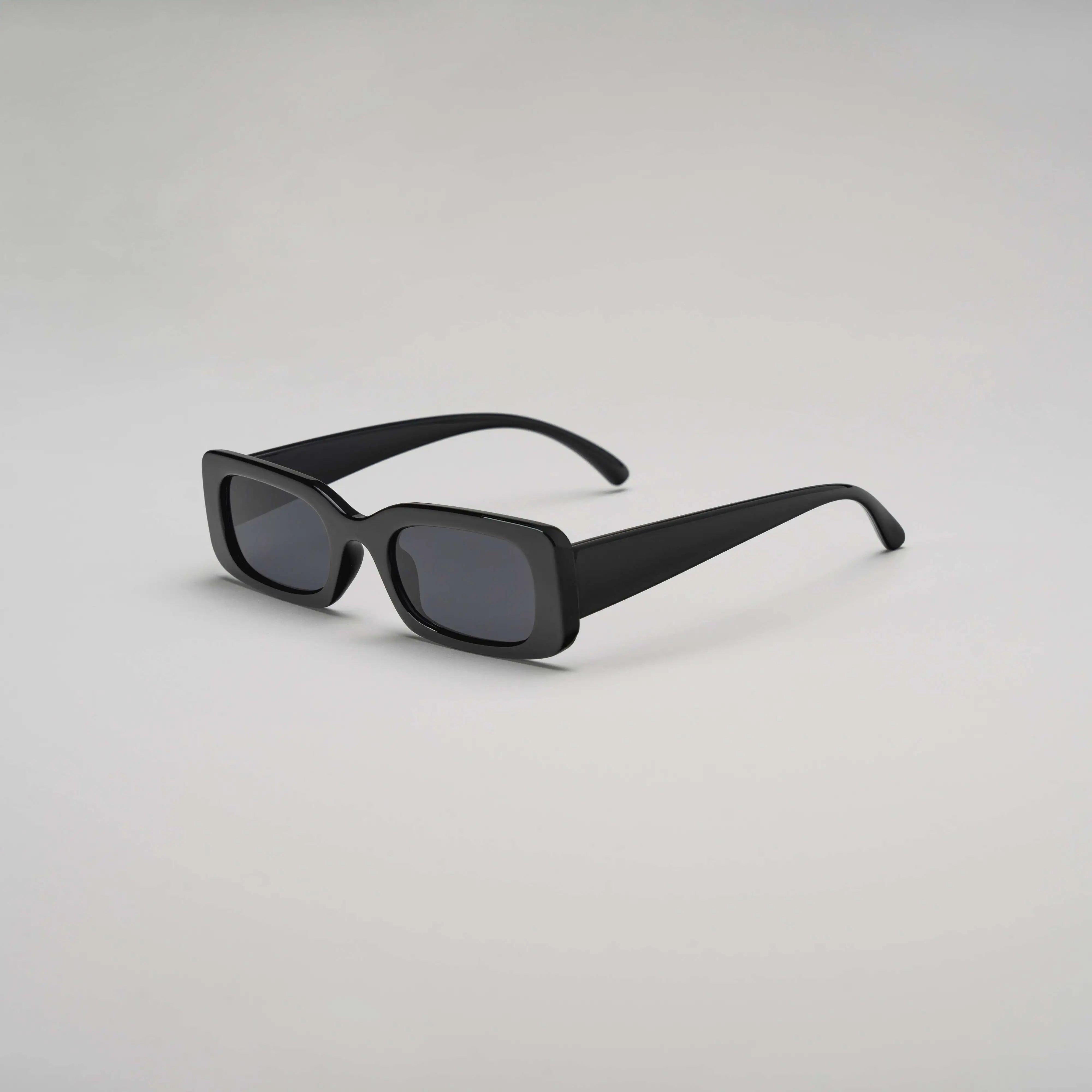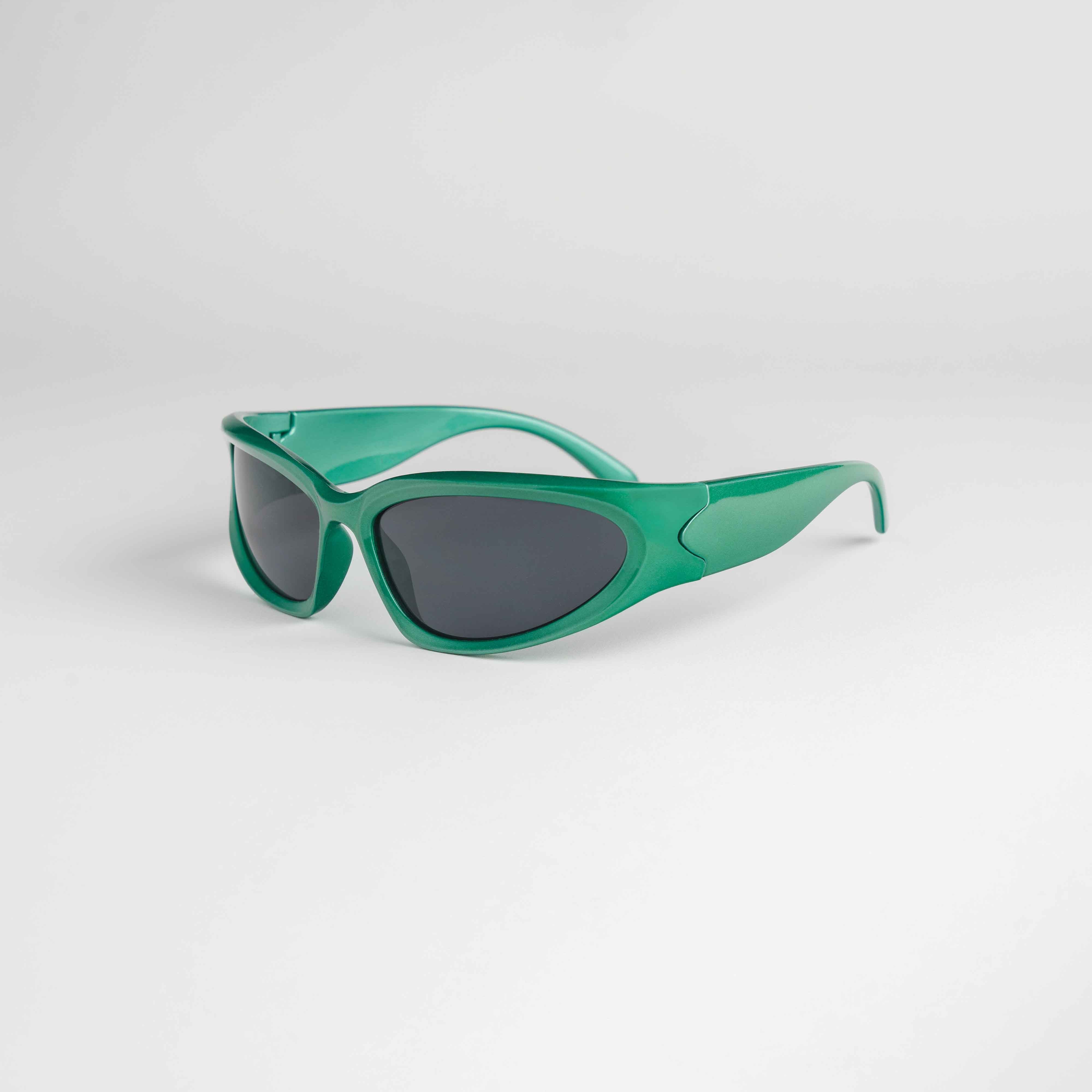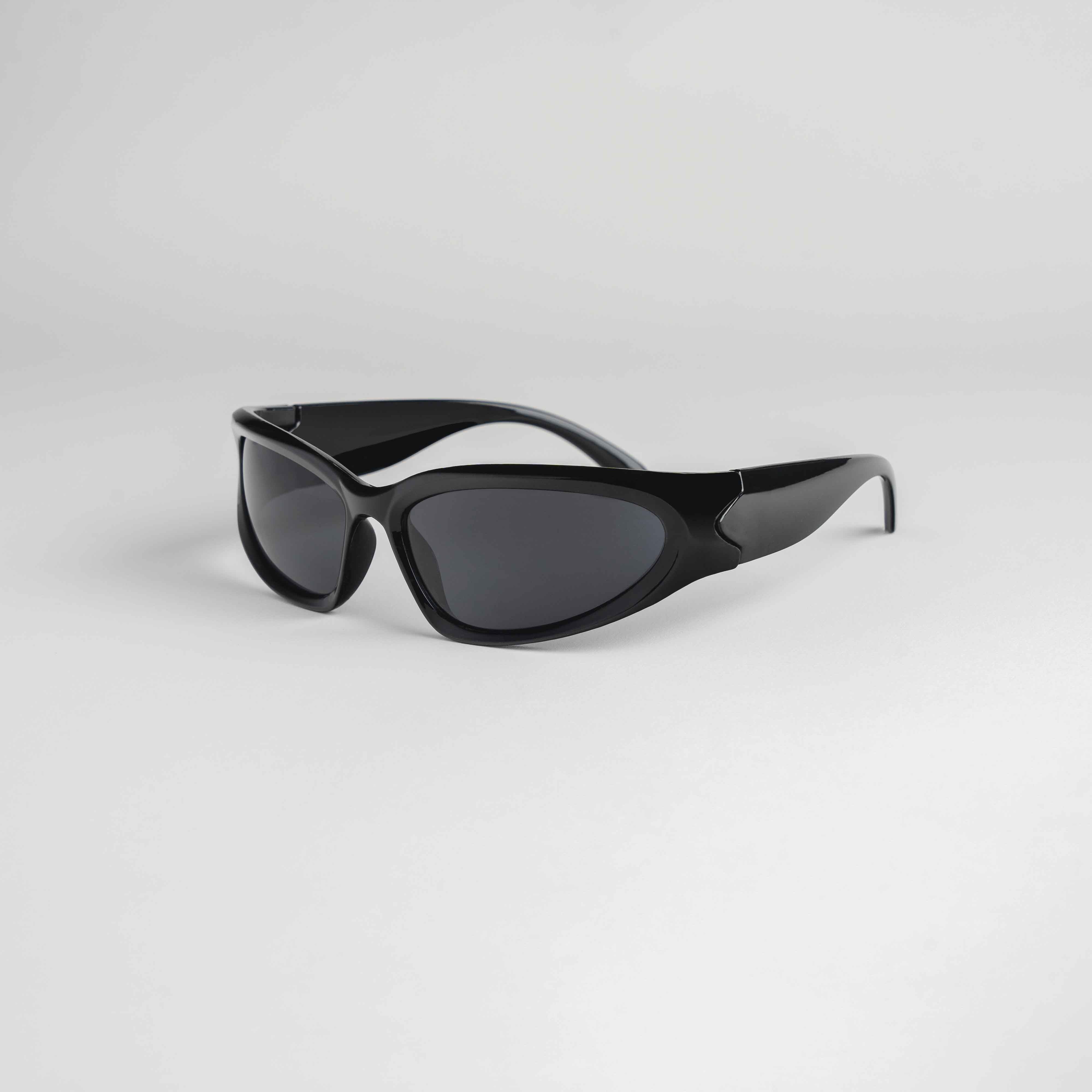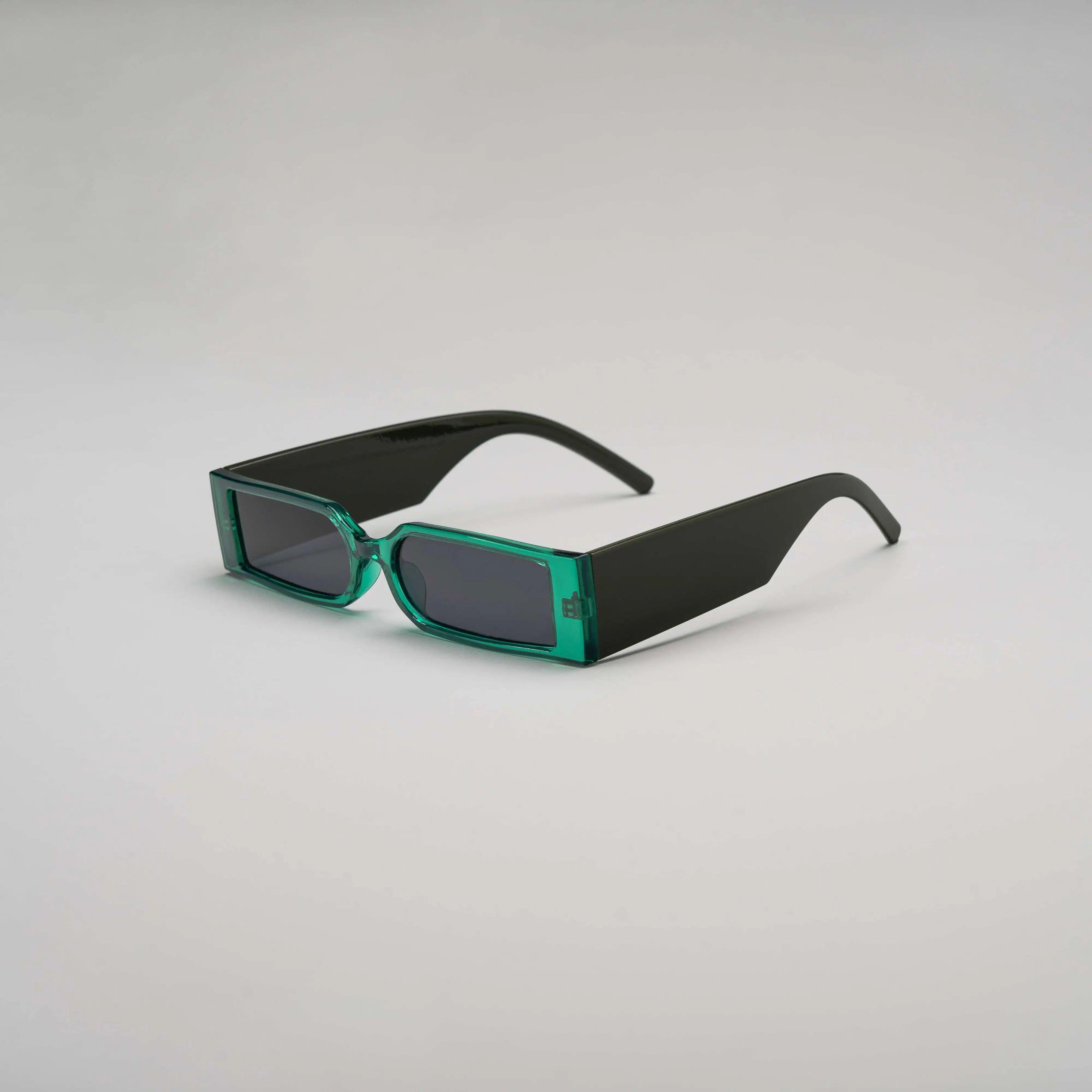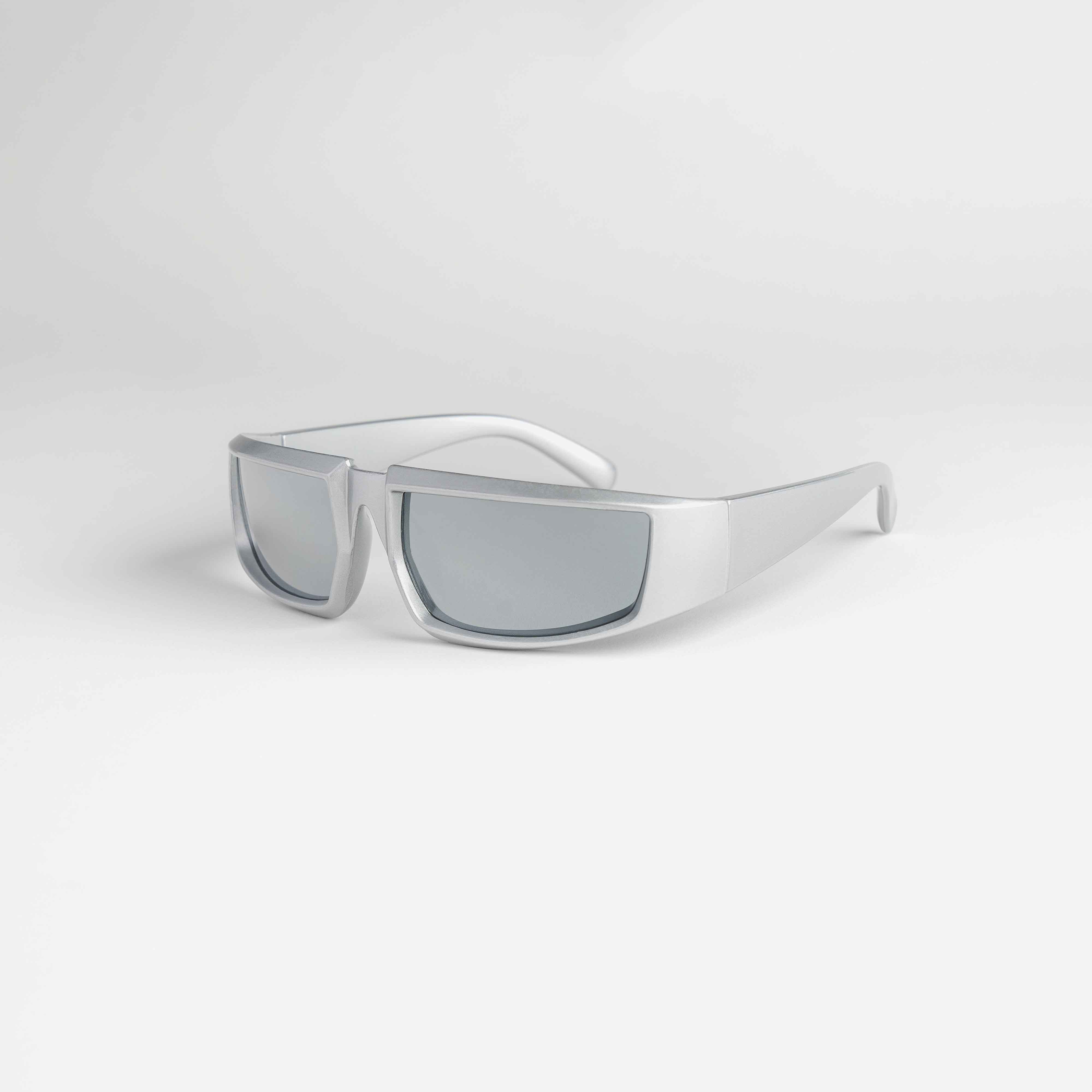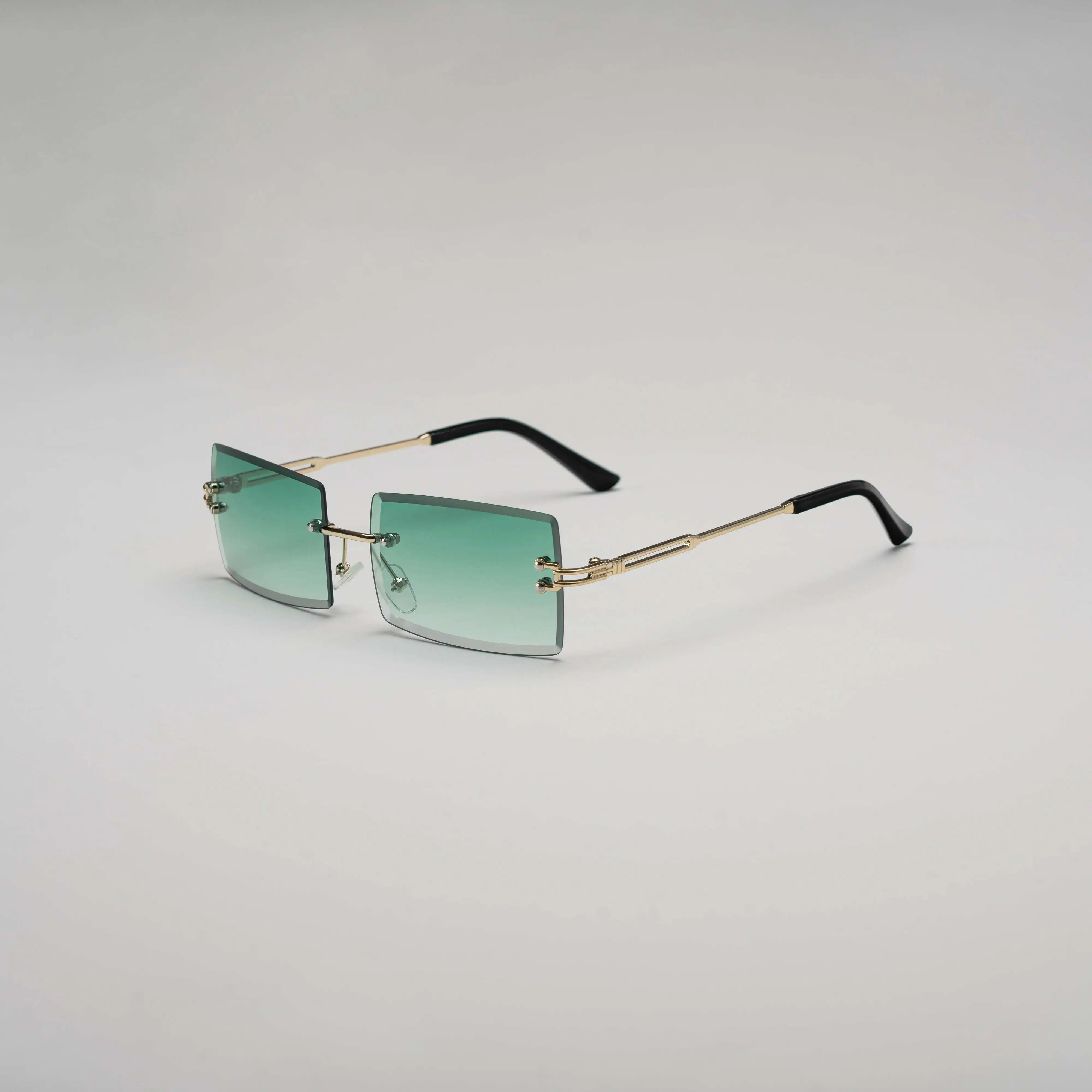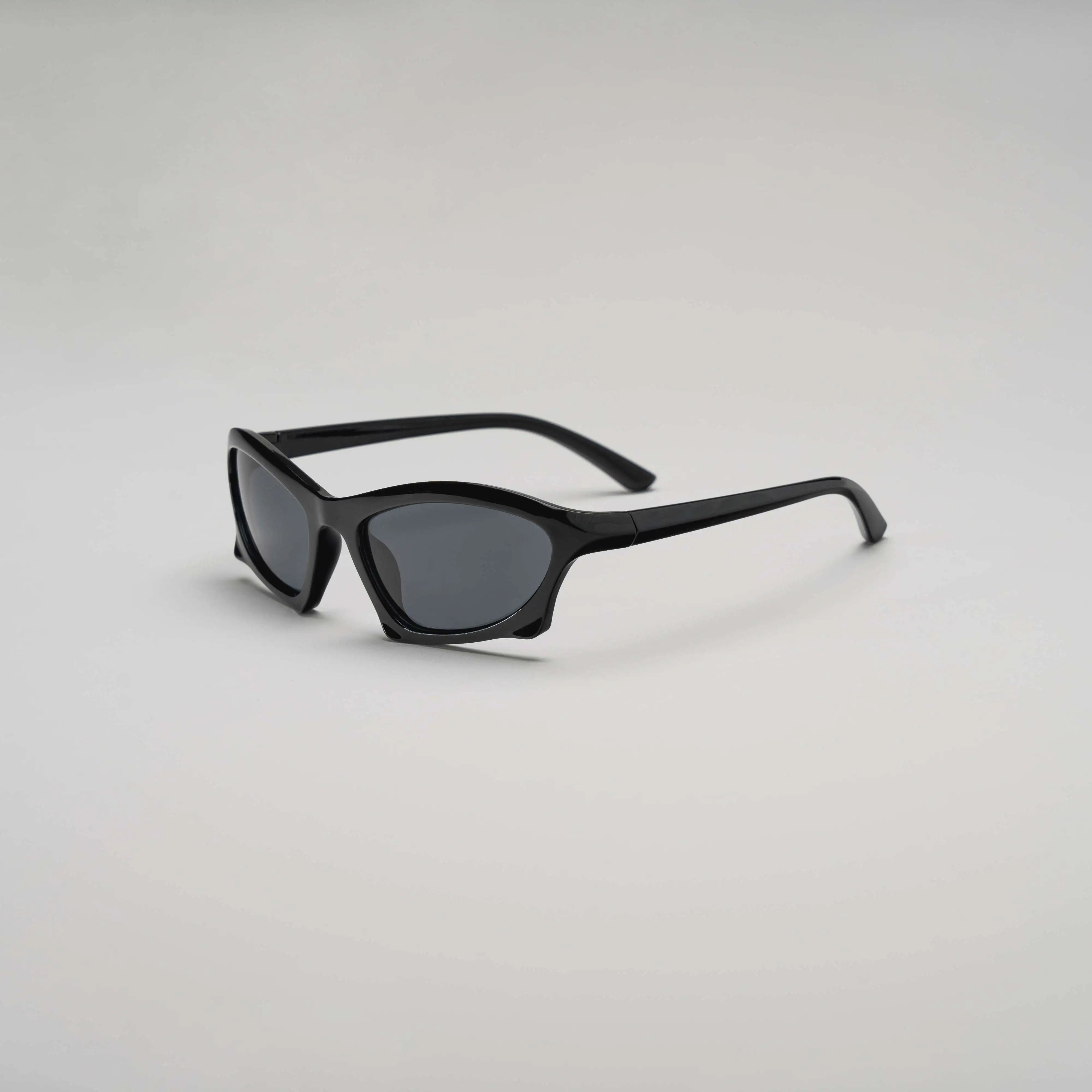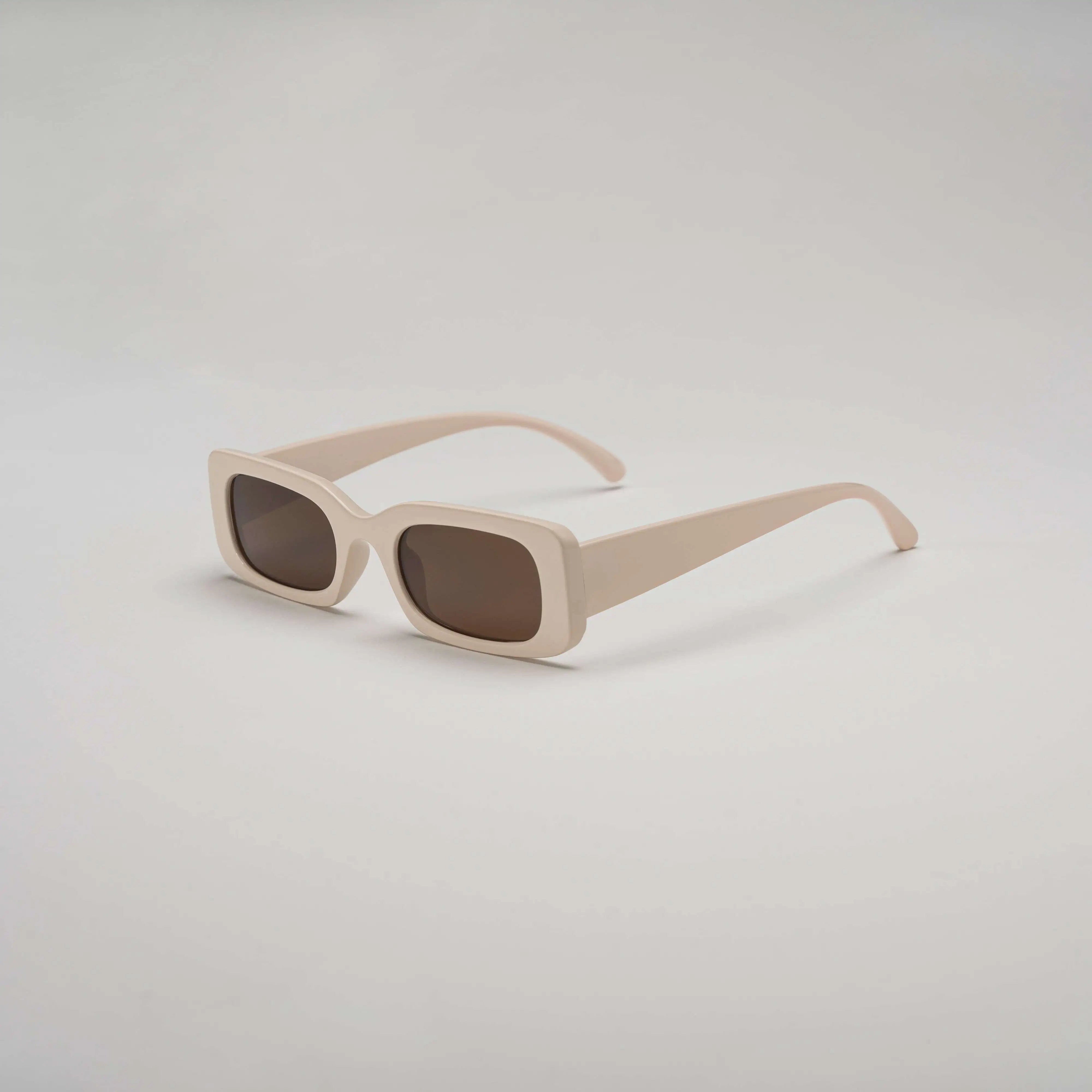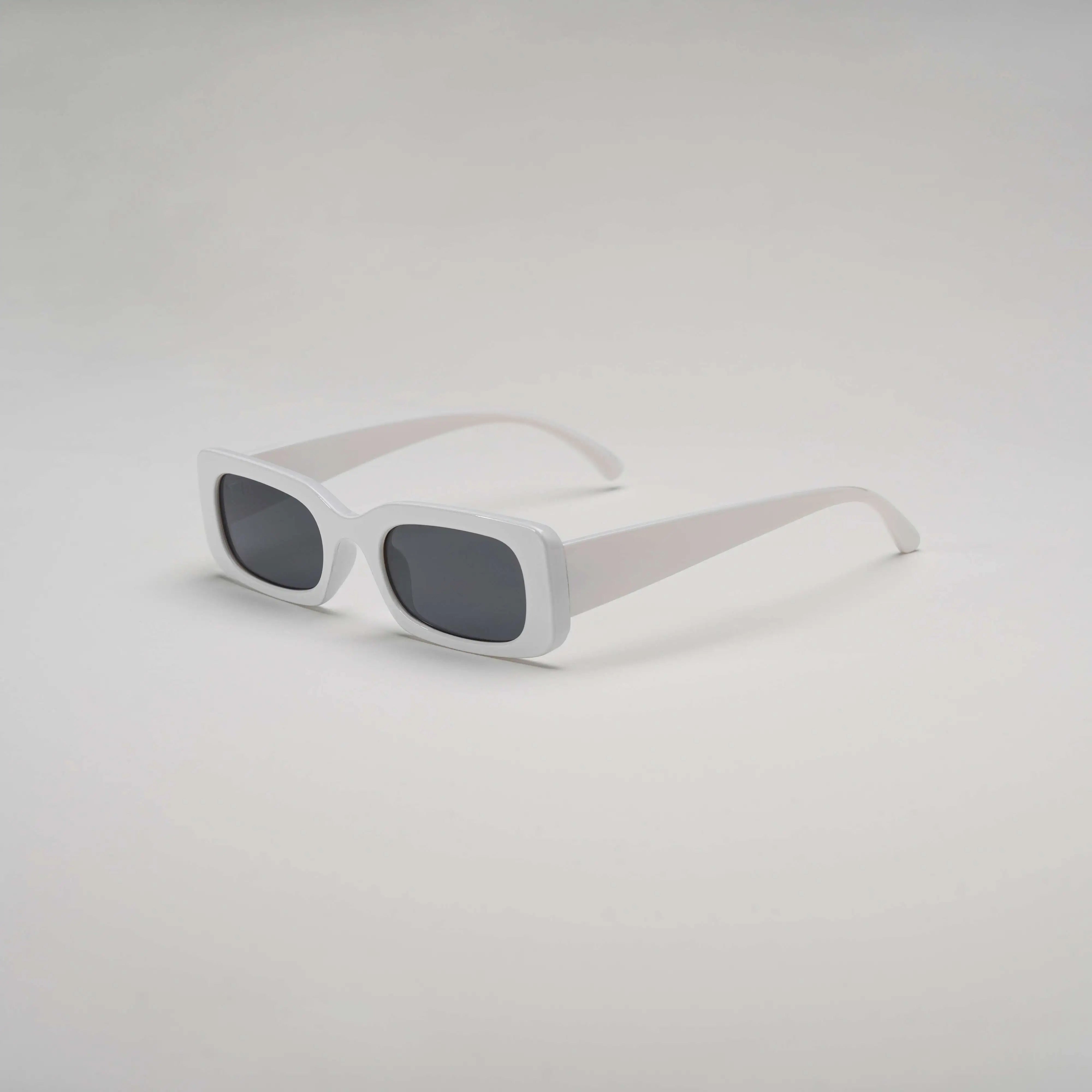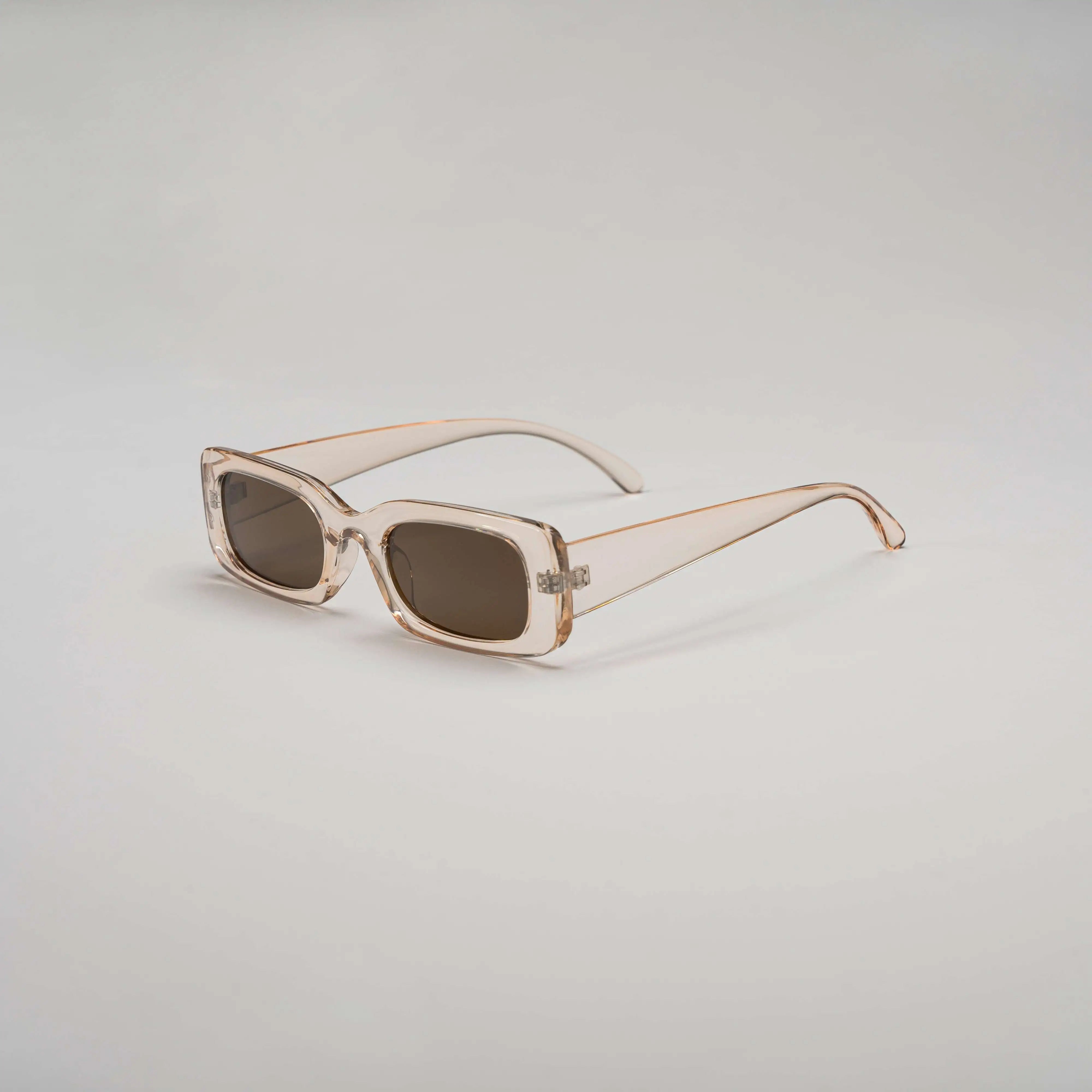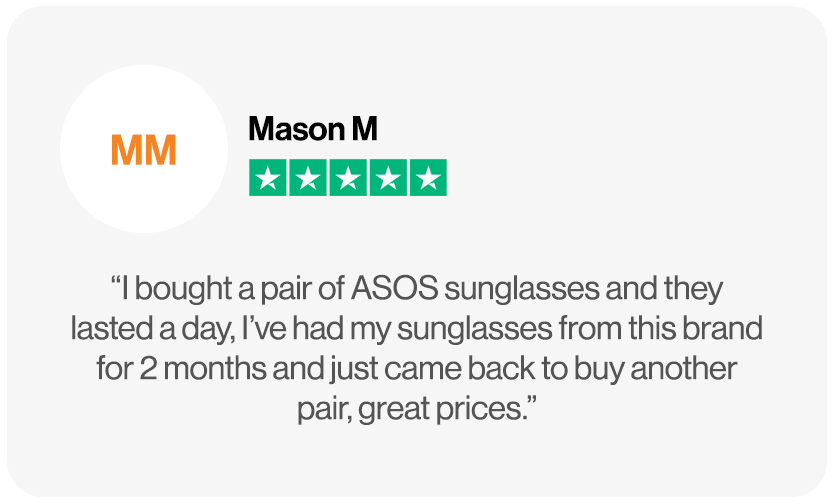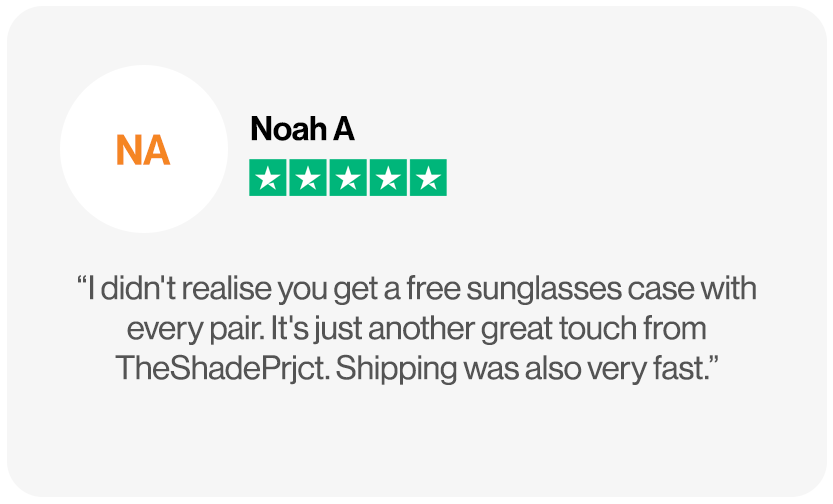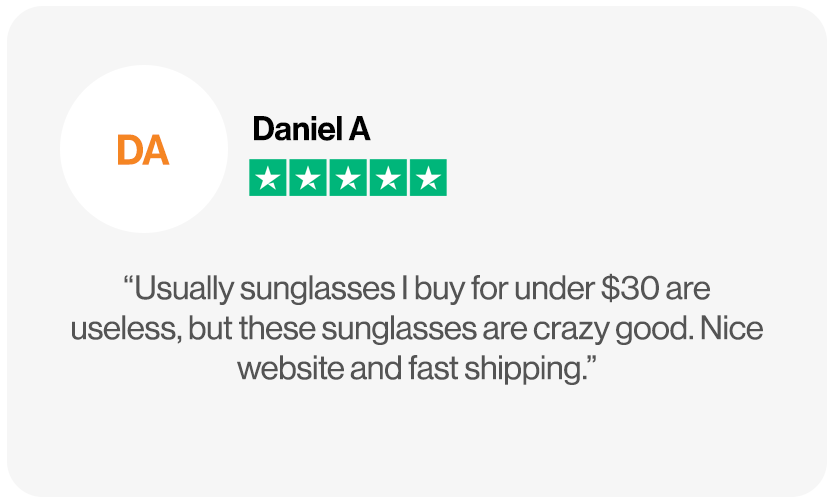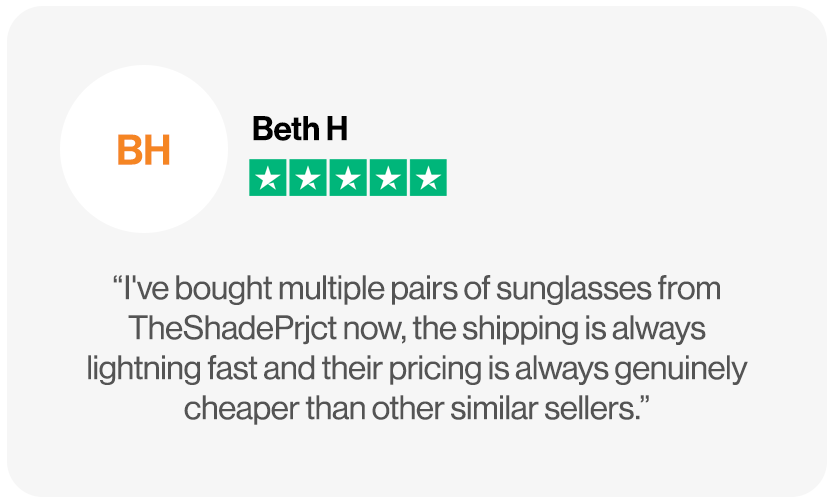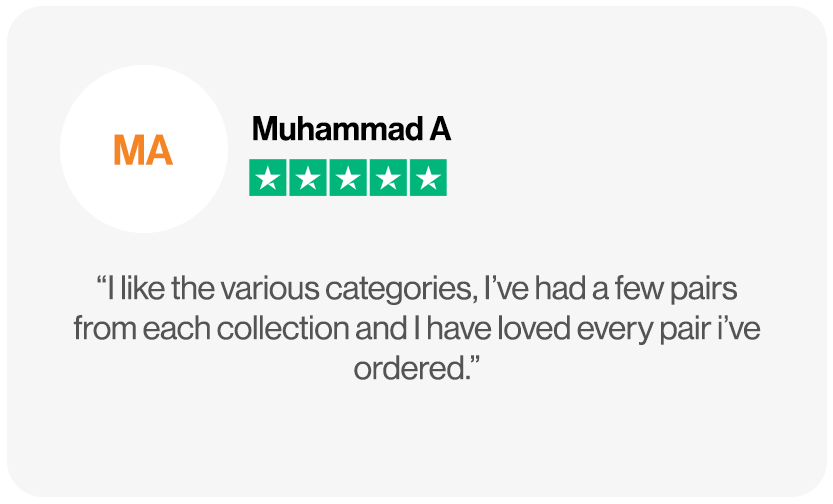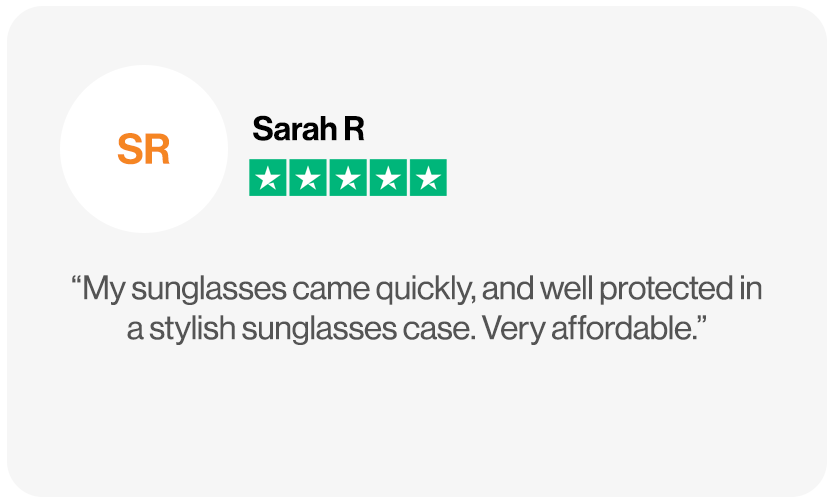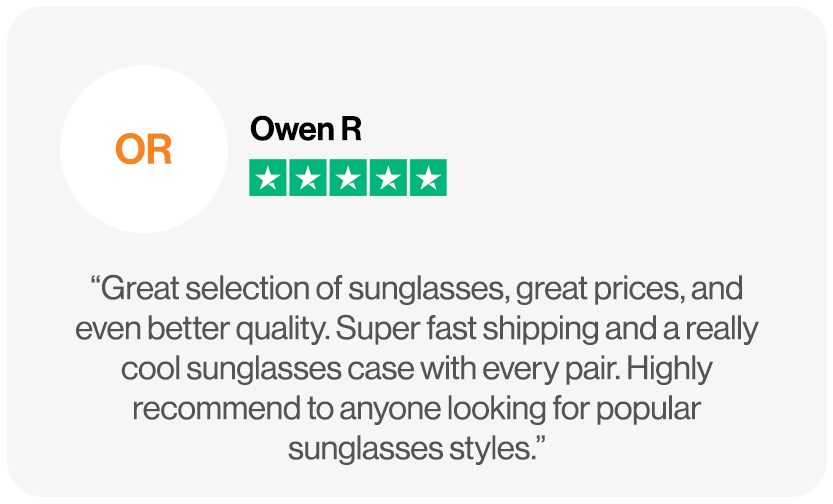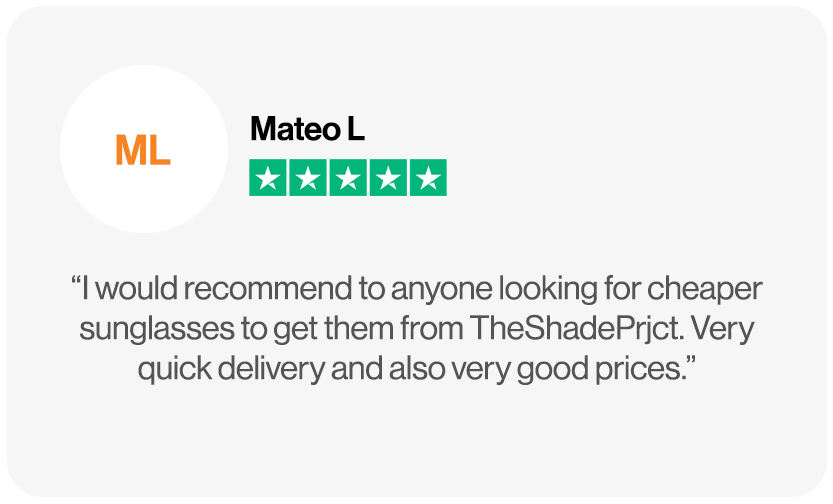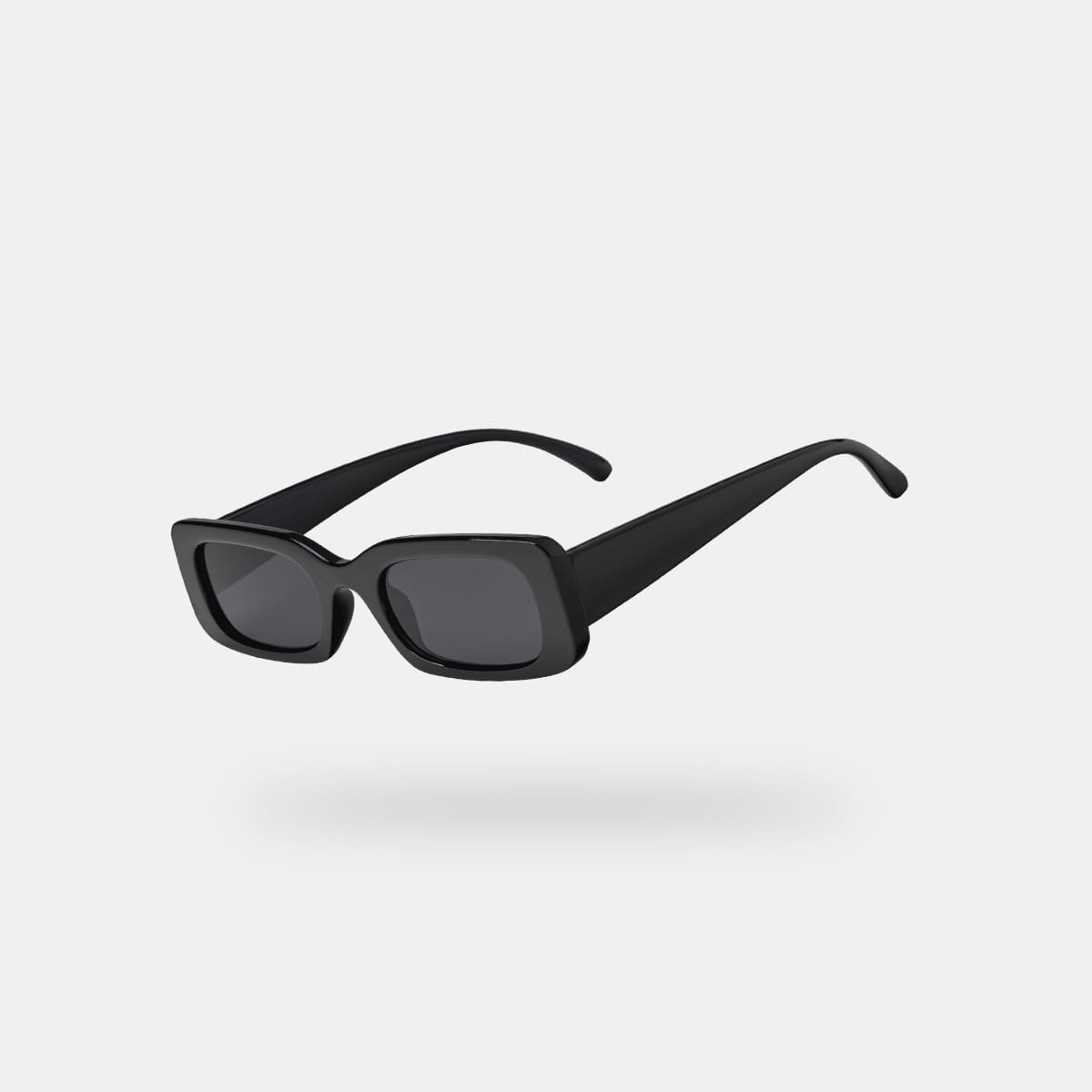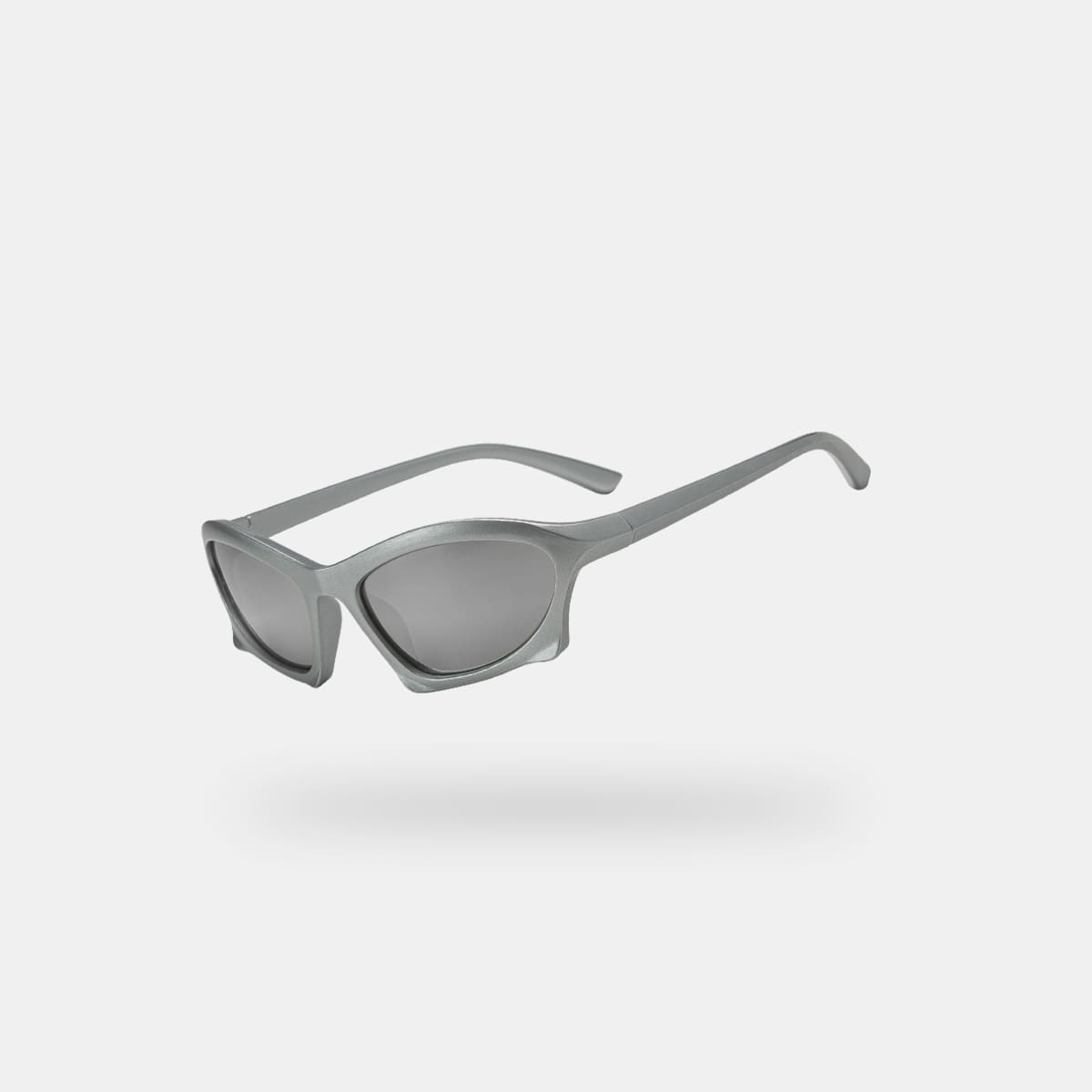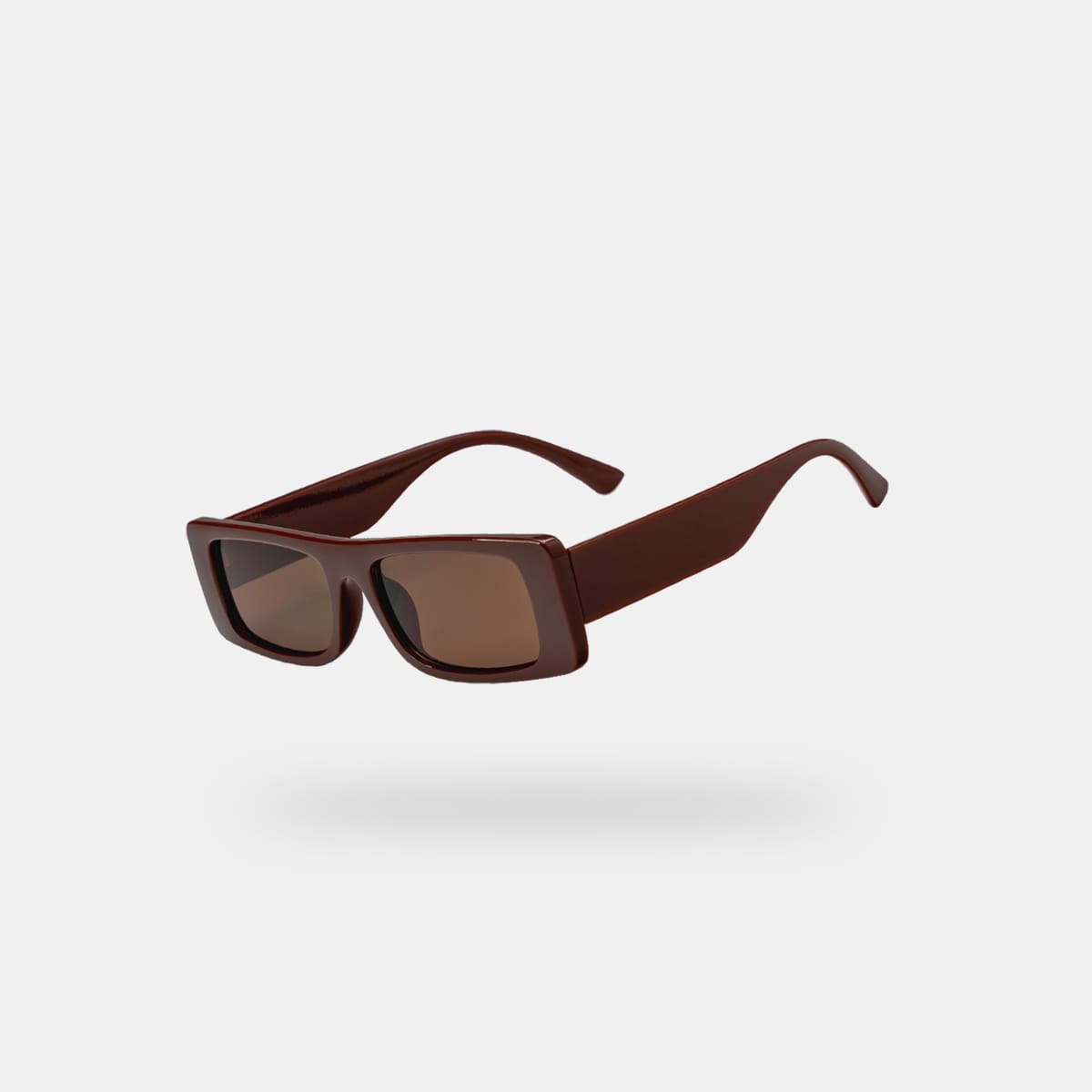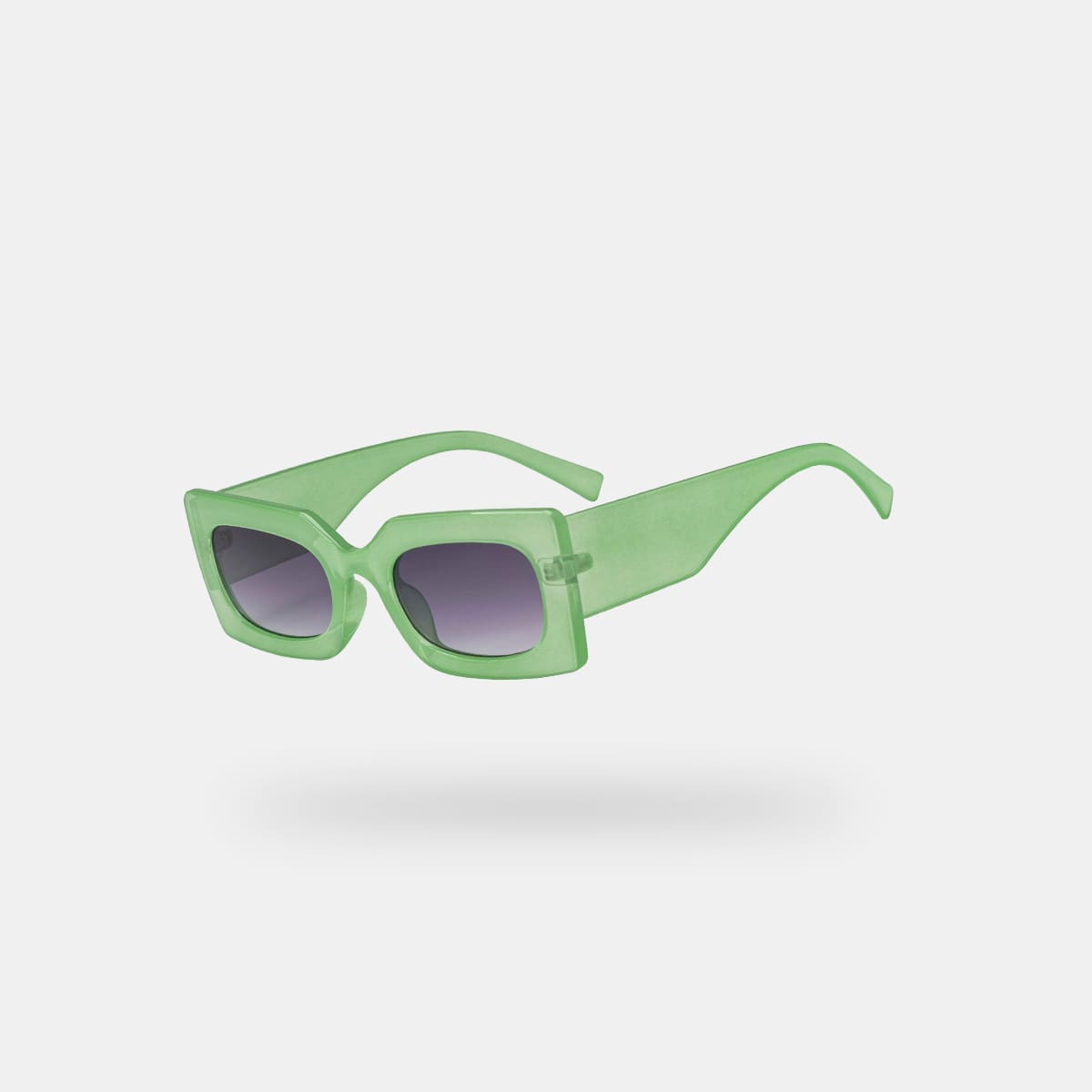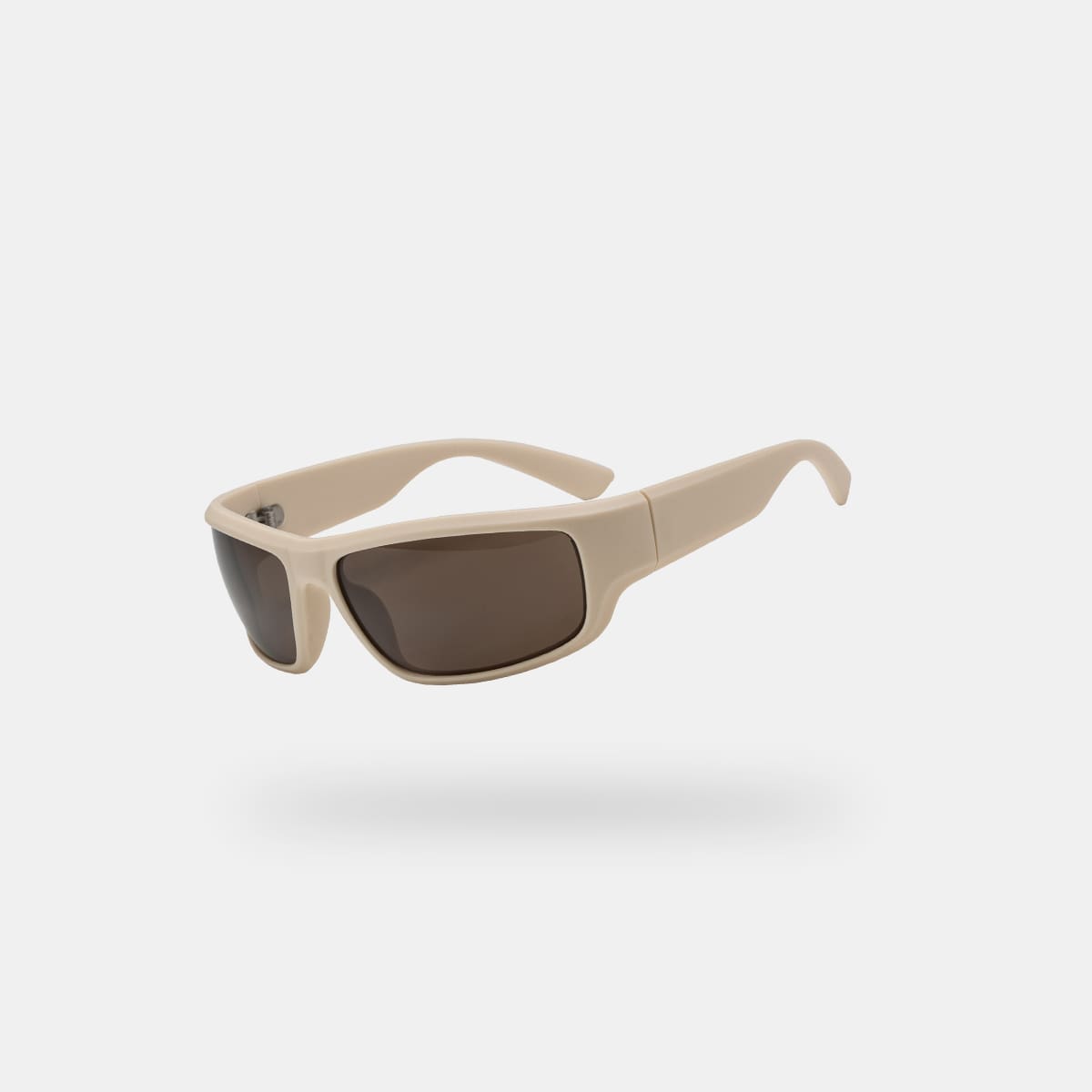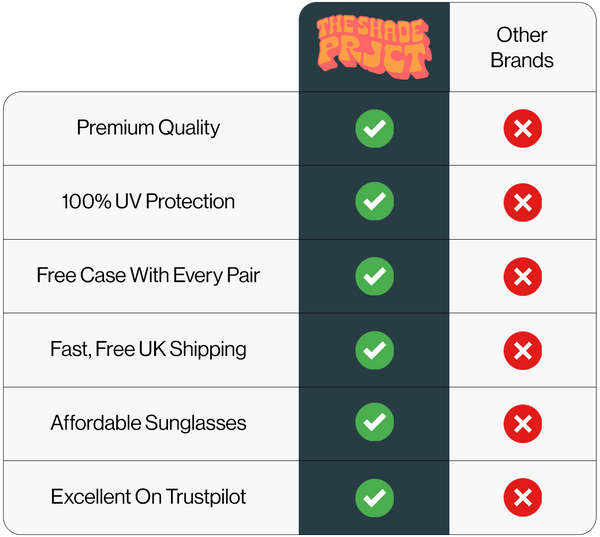Introduction
Polarised sunglasses have become a popular choice for many people seeking eye protection and enhanced visual performance in various outdoor activities. But are they worth the hype? In this article, we will delve into the world of polarised sunglasses to understand their benefits, debunk common myths, and provide insights on how to choose the right pair for your needs.
What Are Polarised Sunglasses?
Polarised sunglasses are a type of eyewear that are designed to reduce glare and enhance visual comfort in bright outdoor conditions. They feature lenses with a special polarisation technology that helps to filter out horizontal glare, such as the glare that reflects off water, snow, and roads.
How Do Polarised Sunglasses Work?
Polarised sunglasses work by vertically polarising the light that enters the lenses. When light reflects off surfaces, it becomes horizontally polarised, resulting in glare. The polarised lenses in sunglasses are designed to block this horizontal light, reducing the glare and allowing for clearer vision with improved contrast and clarity.
Benefits Of Polarised Sunglasses
Polarised sunglasses offer several benefits that make them worth considering for outdoor activities. Some of the key benefits include:
Reduced glare
Glare can be annoying and even dangerous, especially when engaging in outdoor activities such as driving, fishing, or sports. Polarised sunglasses can significantly reduce glare, allowing you to see more clearly and comfortably in bright conditions.
Enhanced visual comfort
Prolonged exposure to bright sunlight can cause eye strain and discomfort. Polarised sunglasses can help reduce eye fatigue and provide visual comfort, allowing you to enjoy outdoor activities or a stroll on the beach for longer periods without discomfort.
Improved clarity and contrast
Polarised sunglasses can enhance the clarity and contrast of your vision by reducing glare and blocking out harmful UV rays. This can result in better perception of details and colours, especially in high-glare environments.
Polarised Sunglasses vs Sunglasses?
It's important to understand how polarised sunglasses differ from regular sunglasses in terms of technology, filter properties, and types of lenses.
Polarisation technology
Regular sunglasses typically use tinted lenses to reduce brightness and protect the eyes from harmful UV rays. In contrast, polarised sunglasses have an additional layer of polarisation technology that filters out horizontal glare, providing superior glare reduction and visual clarity.
Filter properties
While regular sunglasses primarily reduce brightness, polarised sunglasses specifically target glare caused by horizontal light reflections. This makes them ideal for activities such as driving, fishing, and water sports where glare can be particularly problematic.
Types of lenses
Polarised sunglasses come in various lens materials, including glass, plastic, and polycarbonate. Glass lenses are known for their excellent optical clarity, but they can be heavier and more fragile. Plastic and polycarbonate lenses are lighter and more impact-resistant, making them a popular choice for sports and outdoor activities.
Common Myths About Polarised Sunglasses
There are some misconceptions about polarised sunglasses that need to be addressed. Let's debunk some of the common myths:
Myth 1: Polarised sunglasses are only for outdoor activities
While polarised sunglasses are commonly used for outdoor activities, they can also be beneficial in everyday situations. They can reduce glare from surfaces like roads, windows, and snow, making them useful for driving or walking in bright urban environments.
Myth 2: Polarised sunglasses are expensive
While it's true that some polarised sunglasses can be more expensive than regular sunglasses, there are also affordable options available in the market. The price of polarised sunglasses can vary depending on factors such as brand, lens material, and frame design. Investing in a good pair of polarised sunglasses can be worth it for the added benefits they offer.
Myth 3: Polarised sunglasses block all UV rays
Polarised sunglasses are designed to reduce glare and improve visual comfort, but they do not necessarily block all UV rays. It's important to look for sunglasses that provide 100% UV protection to ensure that your eyes are adequately shielded from harmful UV rays.
Factors To Consider When Choosing Polarised Sunglasses
When selecting polarised sunglasses, there are a few key factors to keep in mind to ensure that you get the right pair for your needs.
Lens material
Lens material is an essential consideration when choosing polarised sunglasses. Glass lenses are known for their superior optical clarity, but they can be heavier and more fragile. Plastic and polycarbonate lenses are lighter and more durable, making them suitable for sports and outdoor activities.
Frame style and fit
The frame style and fit of the sunglasses play a significant role in their comfort and effectiveness. It's important to choose a frame that fits well and is comfortable for extended wear. Consider factors such as the shape of your face, the size of the sunglasses, and the type of activities you'll be engaging in.
UV protection
While polarised sunglasses are designed to reduce glare, it's crucial to ensure that they also provide adequate UV protection. Look for sunglasses that offer 100% UV protection to safeguard your eyes from harmful UV rays, which can cause long-term damage to your eyesight. Read about the importance of UV protection in this handy blog post.
UV Protection vs Polarised Sunglasses?
UV protection and polarisation are two distinct features in sunglasses that serve different purposes.
UV Protection
UV protection refers to the ability of sunglasses to block harmful ultraviolet (UV) rays from the sun. UV rays can cause various eye conditions, including cataracts and photokeratitis. Sunglasses with proper UV protection help shield your eyes from these harmful rays, providing long-term eye health benefits. Look for sunglasses that offer 100% UV protection or UV400 rating to ensure adequate defence against both UVA and UVB rays.
Polarisation
On the other hand, polarisation is a feature that reduces glare and enhances visual clarity. Glare occurs when light reflects off surfaces such as water, snow, or shiny objects, causing discomfort and reducing visibility. Polarised sunglasses have a special filter that blocks horizontally polarised light, effectively reducing glare and providing a clearer view. This is especially beneficial for activities like driving, fishing, or spending time in snowy environments.
While UV protection is crucial for overall eye health and preventing damage from UV rays, polarisation primarily focuses on reducing glare for enhanced visual comfort. Many sunglasses offer both UV protection and polarisation, providing a comprehensive solution for eye protection and visual clarity. When choosing sunglasses, it is recommended to opt for ones that offer both UV protection and polarisation for maximum benefits.
Polarised Sunglasses For Different Activities
Polarised sunglasses can be beneficial for various outdoor activities, providing enhanced vision and comfort. Here are some examples of how polarised sunglasses can be useful for different activities:
Driving
Glare from the road and other vehicles can be distracting and dangerous while driving. Polarised sunglasses can reduce glare and improve visual clarity, making them ideal for driving in bright conditions, such as during sunny days or when driving on wet roads.
Fishing
Fishing often involves spending long hours on water surfaces, which can result in intense glare. Polarised sunglasses can cut through the glare and allow you to see beneath the surface of the water, making it easier to spot fish and navigate your fishing gear.
Water sports
Activities such as boating, kayaking, and surfing are often conducted on or near water, which can create intense glare. Polarised sunglasses can significantly reduce glare from the water surface, enhancing visibility and safety during water sports.
Outdoor sports
Polarised sunglasses can also be beneficial for outdoor sports such as golf, cycling, and hiking. They can improve visual clarity, reduce glare from reflective surfaces like grass or pavement, and enhance contrast, allowing you to better perceive the terrain and obstacles.
Beach and snow activities
Beaches and snowy environments are notorious for intense glare, which can strain the eyes and affect vision. Polarised sunglasses can effectively reduce glare from sand, water, and snow, making them ideal for beach trips or winter sports like skiing and snowboarding.
Can sunglasses lose polarisation?
Yes, sunglasses with polarised lenses can lose their polarisation over time, especially if not properly cared for. Polarisation is a feature that reduces glare and enhances visual clarity by filtering out horizontal light waves. Factors like frequent cleaning with abrasive materials or prolonged exposure to extreme temperatures can cause the polarisation layer to wear off or delaminate from the lens. To maintain the polarisation of your sunglasses, clean them gently and avoid using chemical-based cleaners. Always store them in a protective case when not in use to prevent unnecessary wear.
Conclusion
In conclusion, polarised sunglasses are worth considering for those who engage in outdoor activities or are frequently exposed to bright and reflective environments. They offer superior glare reduction, enhanced visual clarity, and increased comfort, making them a valuable accessory for protecting your eyes and improving your outdoor experience. When choosing polarised sunglasses, be sure to consider factors such as lens material, frame style and fit, and UV protection to ensure you get the right pair for your needs.
Frequently Asked Questions
1. Are all polarised sunglasses the same?
2. Can I wear polarised sunglasses indoors?
3. Are polarised sunglasses suitable for all outdoor activities?
4. Can I use polarised sunglasses for driving at night?
5. Do polarised sunglasses protect against all UV rays?
6. Are polarised sunglasses expensive?
7. What is the difference between UV protection and polarisation?
8. How to tell if sunglasses are polarised?
-
Observe the lenses: Hold the sunglasses in front of a reflective surface, such as a car window or a water body. Tilt the sunglasses at a 60-degree angle and look through the lenses. If the lenses are polarised, you should notice a significant reduction in glare.
-
Rotating the sunglasses: Rotate the sunglasses while still looking at the reflective surface. Polarised lenses are designed to block horizontal light waves, so as you rotate the sunglasses, the glare should decrease or completely disappear at certain angles.
-
Polarised test card: Some sunglasses brands provide polarised test cards or images. These cards typically have patterns or images that become visible or clearer when viewed through polarised lenses. Check if your sunglasses came with a polarised test card and use it to verify their polarisation.
-
Consult the manufacturer or retailer: If you're still unsure whether your sunglasses are polarised, it's best to contact the manufacturer or the retailer from whom you purchased them. They should be able to provide you with information about the sunglasses' polarised properties.
9. How do polarised sunglasses work?
-
Light polarisation: Sunlight scatters in all directions, but when it reflects off certain surfaces like water, snow, or roads, it becomes horizontally polarised. This means that the light waves align horizontally, creating intense glare.
-
Polarising filter: Polarised sunglasses feature a special filter that contains molecules aligned in a vertical pattern. This filter allows vertically polarised light to pass through while blocking horizontally polarised light.
-
Glare reduction: When you wear polarised sunglasses, the filter selectively absorbs the horizontally polarised light waves, significantly reducing glare. This improves visibility, enhances colour perception, and reduces eye strain, providing a more comfortable visual experience.
-
Clearer vision: By eliminating glare, polarised sunglasses enhance visual clarity, making objects appear sharper and more defined. This is particularly beneficial when engaging in outdoor activities like driving, fishing, or participating in sports.
-
UV protection: It's important to note that polarised sunglasses also offer UV protection. The polarising filter used in these sunglasses blocks harmful UV rays, safeguarding your eyes from potential damage caused by prolonged sun exposure.

